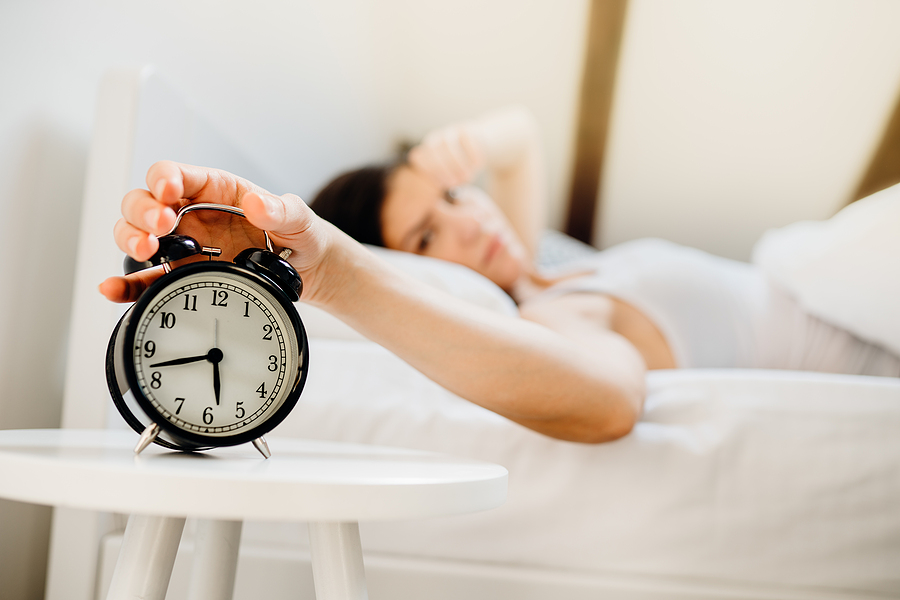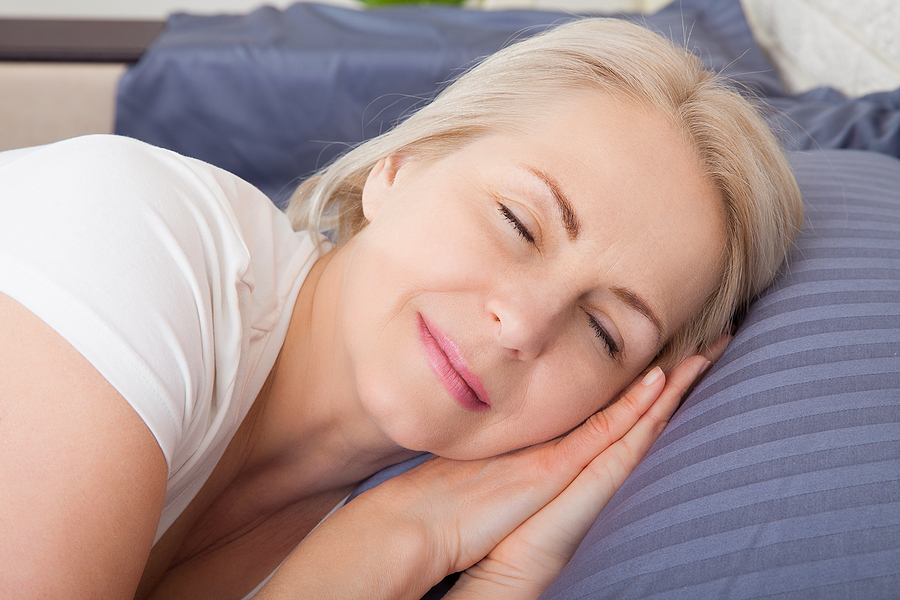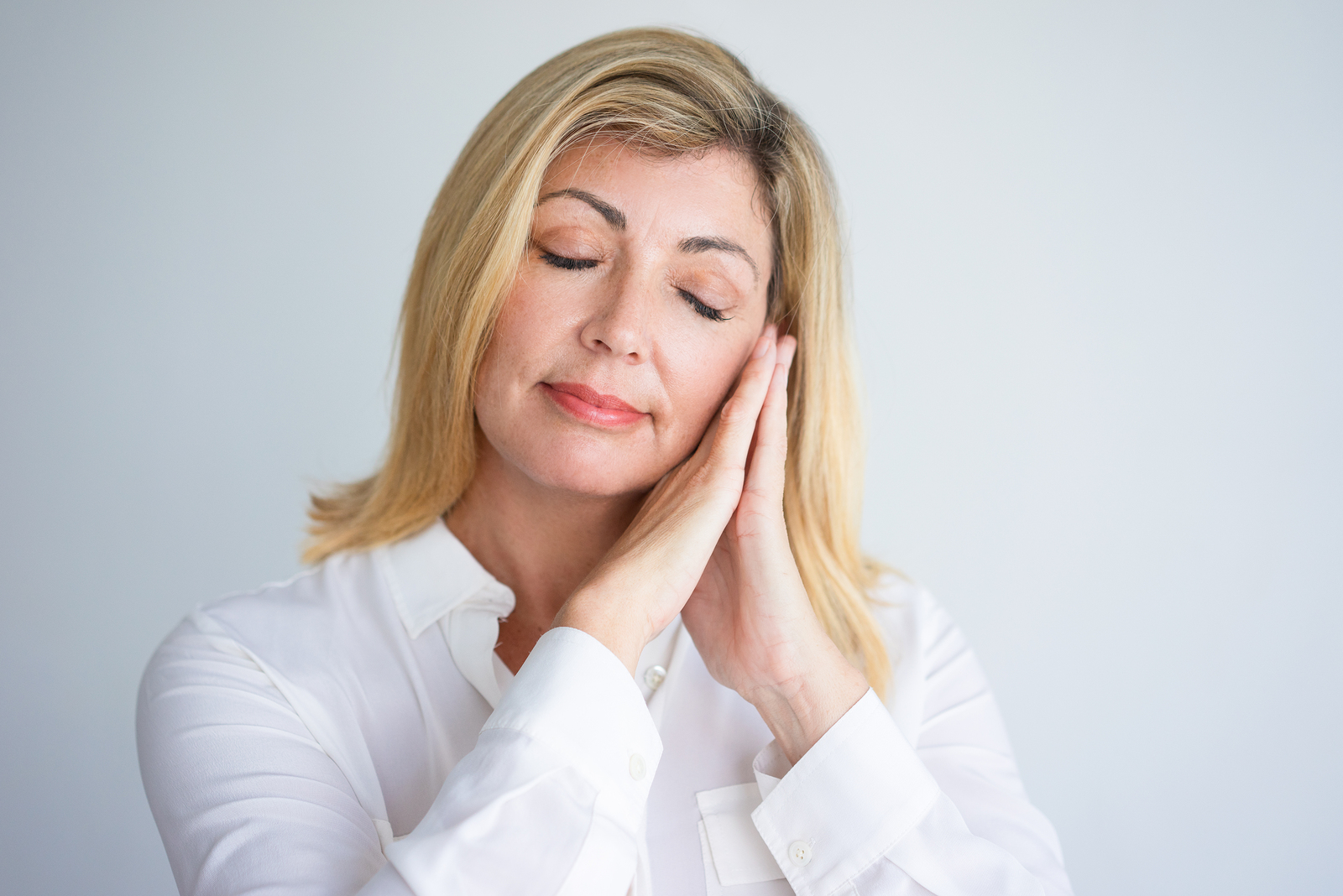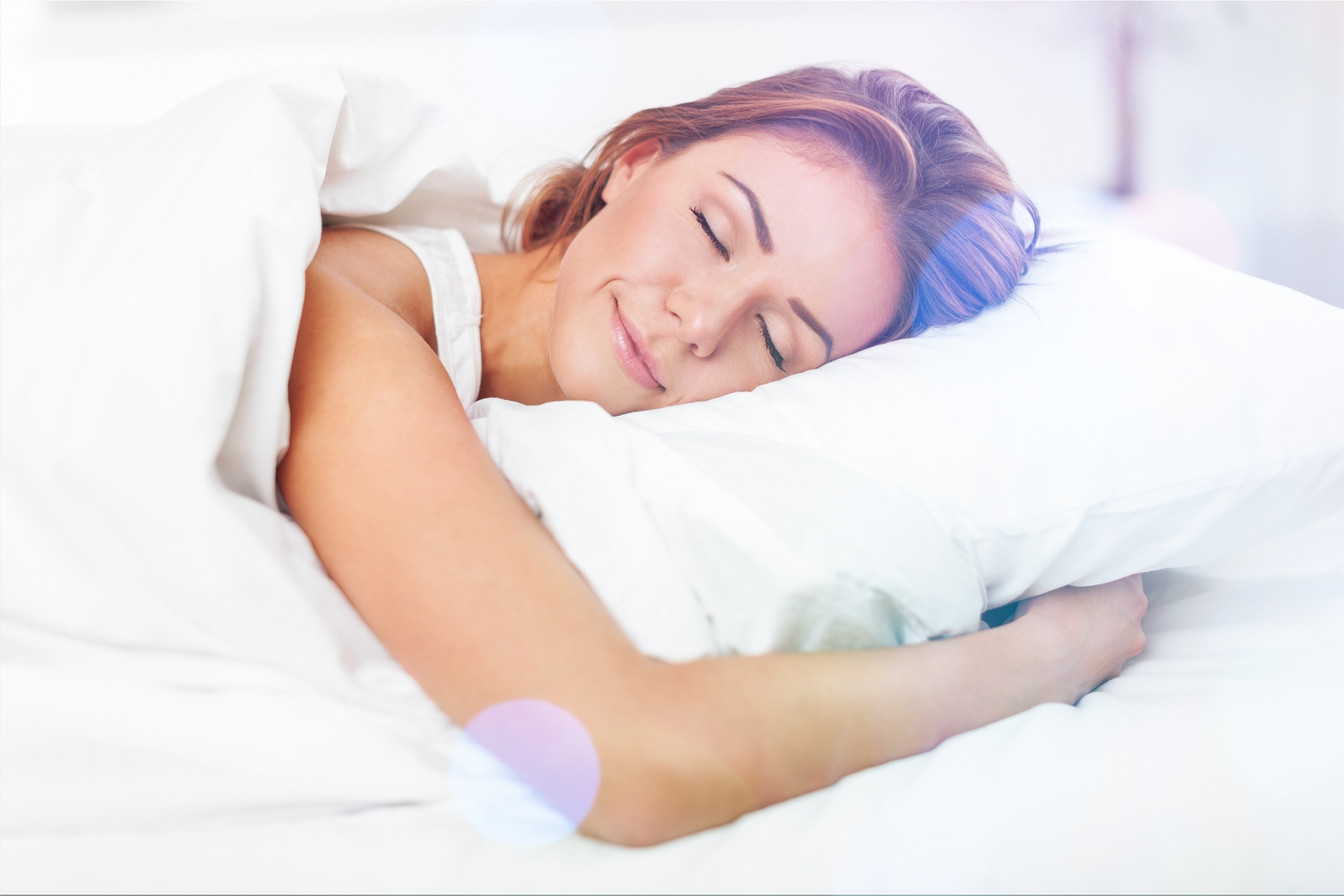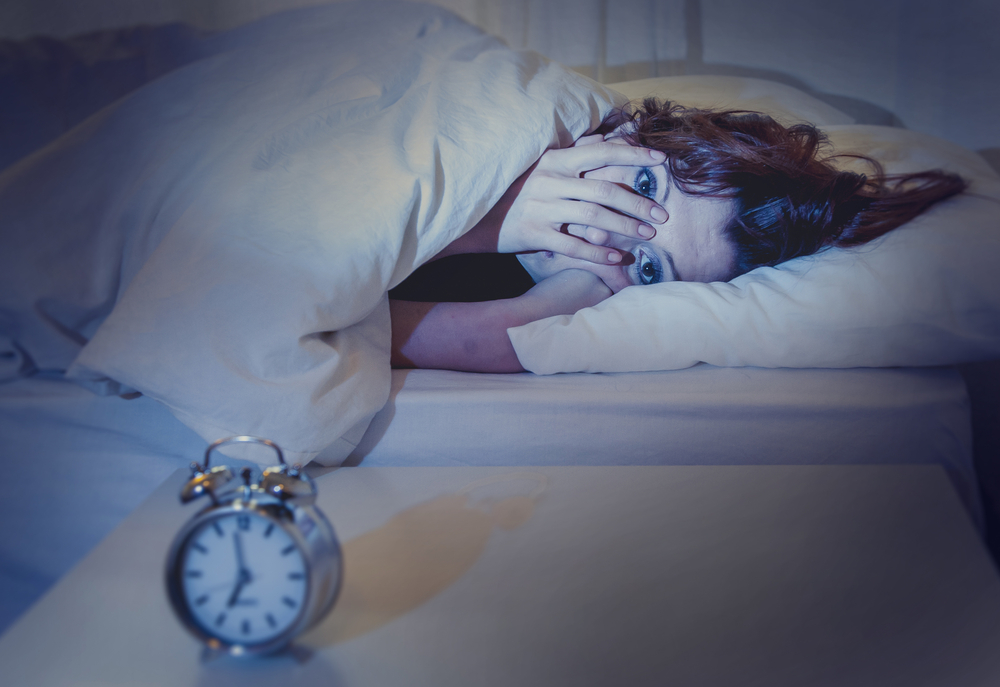Every time I see a patient at the Women to Women Healthcare Clinic and ask about what is going on in her life, I hear a long list of responsibilities and priorities: women today have very full plates! When I talk about sleep, and whether she is getting enough, almost every woman I speak with wishes that she could get more.
Some women may struggle to fall asleep or to sleep through the night because of hormonal imbalance, stress, or adrenal fatigue, while others just cannot seem to schedule in more than 6-7 hours of sleep time due to kids and jobs and their many obligations.
We all know that sleep is important for good health and most of us probably feel like we should be getting more. But with all of life’s responsibilities and our many different priorities as women, sleep doesn’t often land at the top of our lists. Sleep should be respected more instead of being placed as an afterthought in our daily lives. So, let’s cover the reasons why sleep is important and why you probably need more of it.
Can I Get by with 6 Hours of Sleep?
Every once in awhile when life gets crazy, our sleep gets sacrificed and we have to get by on less. We may tell ourselves it’s ok because it’s just for a little while. But one fascinating sleep study shows that even just a few days of not enough sleep wreaks havoc on your mental and physical performance and your health.
In the study, researchers divided the participants into four groups: one group slept for 8 hours a night, one for 6 hours, one for 4 hours, and one poor group had to stay awake for 3 days without any sleep at all! The groups who slept for 4, 6, or 8 hours were required to maintain those same sleep hours for two weeks and along the way they were given mental and physical performance tests.
The lucky group who got to sleep a full 8 hours had consistent performance: whatever their performance level was at the beginning of the test, it remained the same throughout the entire two week period. But the groups who slept for either 4 or 6 hours experienced cognitive decreases, motor skill declines and attention lapses that grew steadily worse as the two-week trial progressed.
4 or 6 Hours – a Big Difference?
Everyone expected that the 4-hour a night group would be much worse off than the 6-hour a night sleepers. But surprisingly, while the 4-hour a night sleepers did do slightly worse there was not as large a difference between the 4-hour and the 6-hour groups as you might expect.
After only one week, one quarter of the 6-hour sleepers began falling asleep randomly during the day. But even more surprising was that after two weeks, the 6-hour a night sleepers performed at the same level as if they had stayed awake for 48 hours straight!
That means that if you sleep for only 6 hours a night, after two weeks, your body will be performing as if you had pulled two all-nighters back to back! If you ever pulled an all-nighter in college at exam time, you know how you felt the next day: pretty awful and totally exhausted. Imagine doing that two nights in a row and still going to work, running your household, and taking care of your family!
Will You Notice What Lack of Sleep is Doing to You?
But what was really fascinating to me was that the people in the study who experienced the cognitive, motor skill and attention declines were totally unaware of them. When they graded themselves, they did feel a slight decline for a couple days but after that, they felt that their performance leveled out. In reality, they were continuing to decline each day and they were completely unaware of it!
This just goes to show that we may try to fool ourselves by saying we’re fine and compensate with an extra cup of coffee or an afternoon treat to keep our energy going, but the reality is that our bodies are not performing optimally because they are sleep deprived. Getting less than enough sleep will reduce both your mental and physical performance after only a few days. So while we can all have an off night now and then, it’s important not to let it go on for too long.
How Much Sleep is Enough?
While that study showed that 8 hours of sleep was adequate but 6 was not, it did not break down the sleep time in between. Not all of us can get 8 hours every night so I wanted to know what to tell my patients for whom 8 hours is simply not possible or even not preferable for them. Thankfully, a number of other studies have also looked at this question. They’ve found that while the exact amount of sleep each of us needs is different, usually 7 or 7 ½ hours per night is the minimum amount of sleep required to avoid performance disruption.
Why Sleep is Important
Sleep is important because when we sleep, we go through several different cycles, which together take about 90 minutes to complete. Two of them are particularly important for our health: deep sleep, or slow-wave sleep; and REM, or rapid eye movement sleep. When we are in slow wave sleep, the body heals and repairs, the immune system does its work and the pituitary gland releases growth hormones for muscle and tissue repair. We need this phase for physical wellness.
Slow Wave Sleep
That’s why many elite athletes state that they sleep 11-12 hours a night; their bodies need the additional slow wave sleep time to repair and restore. In fact, one study at an elite college required basketball team members to increase their sleep from 8 hours up to 10 hours a night. They found that free throw shooting, three-point shooting and sprinting times all increased when the athletes slept longer. So if you place high physical demands on your body, whether you’re an athlete or just a busy “constantly on the go” mom, more sleep may be required for you to recover.
REM
The other part of the sleep cycle that’s really important is REM sleep. During REM sleep your brain goes into dream state and clears out unnecessary information, reorganizes information, and your memory and learning are improved and distilled as you connect the day’s experiences with previous memories and experiences. Your brain requires REM sleep to perform at peak levels; memory, cognitive function, and mental performance all suffer when we don’t get enough REM sleep.
In fact, research has shown that without adequate sleep, the body begins to die: mental and physical performance suffer; the immune system cannot function properly; and the likelihood of infections, weight gain, heart disease, diabetes, high blood pressure, mental health concerns and ultimately, death, increases.
Aging and Sleep
The problem is that when we get older, especially at the busy perimenopausal time of our lives, we often tend to sleep less; precisely at the time we need more sleep to restore, repair and heal. One study showed that the typical 80-year-old gets 62% less slow wave sleep than a 20-year old. While more sleep facilitates healing, less sleep can accelerate aging, so extra sleep is also a great anti-aging strategy as well.
We all need to make sleep a priority and most researchers agree that we need between 7-9 hours a night. The exact number will vary by individual and you can experiment and see when you feel best. Even one week of less than enough sleep will result in significant declines so getting adequate rest regularly is a key component to feeling good, reducing your symptoms, and enabling your body’s own innate healing.
What if I Can’t Sleep?
I often have patients tell me “I know I need to sleep more, but I just can’t! What should I do?” Despite our best efforts and intentions, we will all experience a sleep disruption on occasion. The good news is that short-term, we can compensate for that when it occurs: our bodies will simply make up for a shortage the next night.
If you do experience a night of unrest for whatever reason, even if you only got a couple hours of sleep, don’t stress about it: sleeping for 10-12 the following night will bring you right back into sync. The key is not to let it go on for multiple nights and to get right back on track the next night.
If you have trouble sleeping, make a sleep schedule and stick to it, sleep in a dark room that is nice and cool, turn off the TV and the computer before bed and read, and avoid sugar in the evening. These tips will help you sleep through the night and allow your body to heal. Healthy nutritious food and supportive multi-vitamin supplementation can also help your body fall and stay asleep and support the many processes the body performs during sleep to stay healthy.
Symptoms of Sleep Deficiency
You may need more REM sleep if you are experiencing mental symptoms such as:
- Fuzzy thinking
- Memory lapses
- Anxiety
- Depression
- Mood swings
- Irritability or panic attacks
You likely need more slow wave sleep if you are experiencing physical symptoms such as:
- Weight gain
- Hot flashes
- Fatigue
Either way, your symptoms are tied to your sleep cycles and more sleep will support your body in healing, just as not enough sleep can make your symptoms worse.
Final Thoughts on Why Sleep is Important
Making sleep a priority in your life will improve your mood and your energy, and increase your mental and physical performance, your ability to overcome challenges and your overall happiness and well-being. It will also prevent and reduce many symptoms of hormonal imbalance.
You don’t need to lie awake all night tossing and turning: You can get a good night’s sleep. We’ve helped thousands of women just like you to sleep through the night. We can help you too. Try taking an over the counter magnesium supplement a half hour before bed: calcium and magnesium should be consumed in a 1:1 ratio and many of the women I see have more calcium-heavy diets.
New research is also showing that insomnia is often connected to stress levels. If you are wired and can’t sleep or if you feel that you have a lot of stress in your life, check out our Sleepless Adrenal Program. It’s helped wired or stressed women finally sleep peacefully.
If you have trouble sleeping but don’t feel adrenal fatigue due to stress is the cause, our Sleep Support Product can give you the added support to relax and get a good night’s sleep. It can be taken along with any of our other products as an added sleep support aid. You can find that and more high quality supplements at our online store.


